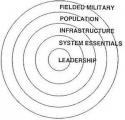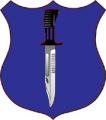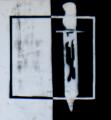I am not sure which book or version of the book you have/read/or accessed but practically every point you raised is addressed by Lind or Wyly in the version I have.
The Exception is of course is what I called your War Fighting Philosophy. Other than that it's all pretty much in there.











 .
.
 "A Sherman can give you a very nice... edge."- Oddball,
"A Sherman can give you a very nice... edge."- Oddball, 


Bookmarks